According to legend, this story all began when a customer brought three pet turtles into the Toddy Inn on 5th Avenue in Bay Ridge in 1933. Soon after the customer placed all three on the bar to show off their “racing skills,” one of the turtles made his escape. Either he was a very fast turtle, or everyone had slow reflexes from drinking too many hot toddies.
One year later, the runaway turtle everyone called Floyd showed up at the bar on his own. He would continue to appear at the Bay Ridge bar for about a week every year in May or June for more than 20 years.
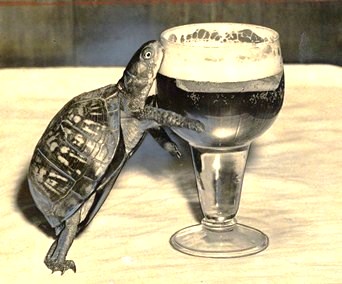
According to Jerry Villafrete, a bartender who worked at the Toddy Inn in the 1950s, Floyd’s routine was pretty much the same every year. He’d walk in through the back door and take up residence under the same particular booth in the tavern. For about a week, he’d take naps under the booth and short walks around the bar. None of the patrons ever fed him, although once and awhile he’d get a bite or two of lettuce provided by the management.
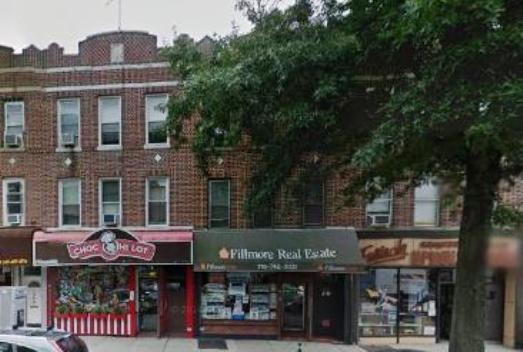
Floyd Introduces His Girlfriend
In 1954, after 20 years of bachelorhood, Floyd surprised everybody by showing up with another turtle. Everyone assumed it was his girlfriend, so they named her Gertrude.
As owner Anthony Baranella told the press, “Floyd decided it was a good place to bring a gal of good family for a drink or two.” He said he liked having the pair around because they drummed up business and didn’t drink too much of the profits.
According to Mrs. Bessie Hecht, a scientific assistant in the reptile department of the Museum of Natural History, Floyd and Gertrude probably lived in the Bay Ridge area – maybe in the backyard of the Toddy Inn – and hibernated in the ground from the fall until spring. In 1953, she told the Brooklyn Daily Eagle that the turtles probably lived in the backyard all summer, feeding on grubs and worms.
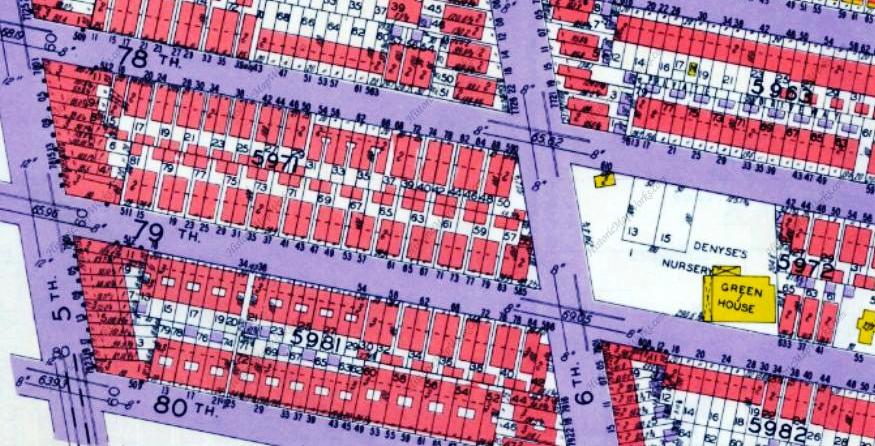
What Floyd and Gertrude probably did not realize was that the yard in which they made their home once belonged to one of the most prominent families of New Utrecht. This land was also once part of the British base of operations for the Battle of Long Island during the Revolutionary War.
What we now call Bay Ridge and Bensonhurst was once part of the town of New Utrecht, one of six towns established by the Dutch and later combined by the British to form Kings County.
The area was first settled in 1652, when Cornelis Van Werckhoven of Utrecht, Holland, began building a colony on land known as the Nyack or Najeck tract. His agent Augustus Heermans had purchased this land for him from the Canarsie and Nyack Indians for 6 shirts, 2 pairs of shoes, 6 coats, 6 pairs of stockings, 6 axes, 6 kettles, 6 knives, 2 scissors, and 6 combs (the items and numbers vary in published accounts).
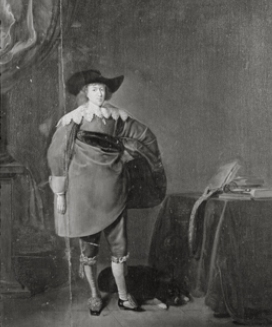
Following Van Werckhoven’s death in 1655, Jacques Cortelyou, the private tutor for Cornelis’ two children (Peter and Cornelis Jansen), received permission to sell lots and create a town on the Nyack tract. Nineteen families received grants of 50 acres each, and by 1660, they had built 11 houses.
Most of these homes were near the broad main street of the village, which is now 84th Street between 16th and 18th Avenues. The settlers named the town New Utrecht in honor of Van Werckhoven’s place of birth.
Many prominent Dutch families, including the Barkaloos, Van Brunts, Bennetts, Denyses, Bergens, Van Pelt’s, and Bogarts established their farms and homesteads in New Utrecht. Long into the 19th century, as this 1873 map shows, these families held onto their farms and shunned development.
But that all changed in the late 1880s, when the Union Elevated and Brooklyn City railroad lines were extended through Brooklyn, and the outsiders started to move in.
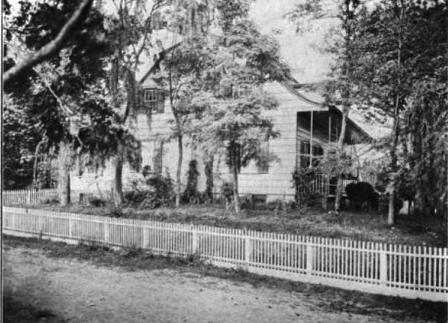
The Bennetts were one of the most prominent Dutch families with extensive realty holdings in New Utrecht. Charles C. Bennett was born in the old family home (pictured here) at what is now 96th Street and Shore Road on September 15, 1851. The family also had a manor home on Shore Road and 87th, a farm near today’s Shore Road and 79th Street, and many other real estate holdings.
In 1889, James Townsend bought the Adolphus Bennett farm lying along 79th street between Third and Sixth Avenues. That same year, Hoik D. Campbell purchased the John J. Bennett estate, which was bounded by 5th Avenue, 83rd Street, 4th Avenue and Denyses Lane.
According to news reports, Campbell’s intention was to establish a land company and build cottages on the property. However, he reportedly didn’t begin selling off these lots and some of his other holdings until the early 1900s. In 1920, the block of buildings that included the Toddy Inn on 5th Avenue was constructed on the old Bennett estate.
A Hudson Valley Aside
My readers in the Hudson Valley may be interested to know that H.D. Campbell was the owner of the old Willis Stock Farm just south of Middletown, New York. Campbell purchased the farm in 1892, and he and his family established their summer home on the 112-acre property, which featured a 14-room farmhouse, a carriage house, a large farm barn, colt, mare, and stud barns, and granaries. The farm also had a half-mile track.
Apparently Campbell didn’t know a lot about horses, but he thought the horses and the track would make a good investment. In 1897, the Orange County Agricultural Society purchased his track and the three surrounding fields. Today we know this property as the Orange County Fairgrounds, the Orange County Fair Speedway, and the Middletown High School.
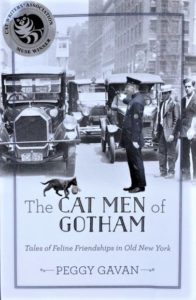

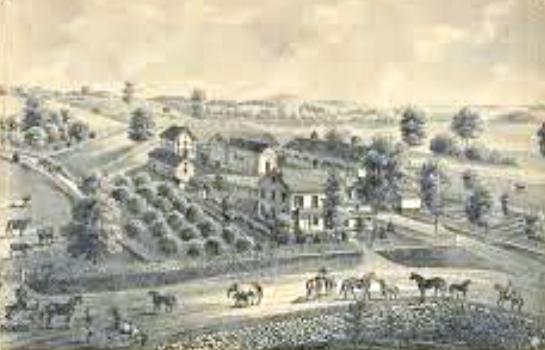
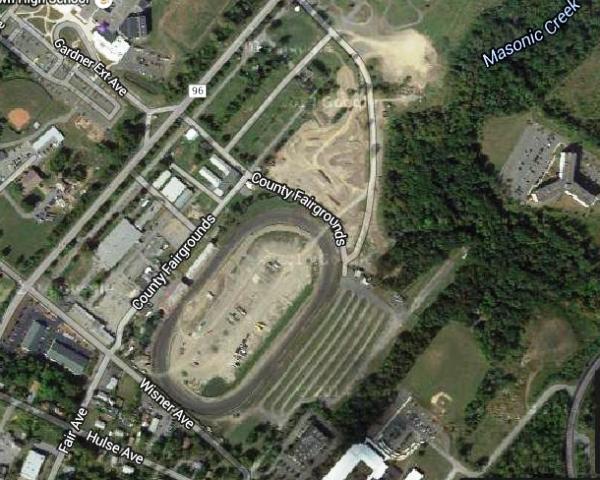


brilliant… fantastic post. Welcome in the letter “F”… thank you!
Jeremy [Retro]
AtoZ Challenge Co-Host [2015]
There’s no earthly way of knowing.
Which direction we are going!
HOLLYWOOD NUTS!
Come Visit: You know you want to know if me or Hollywood… is Nuts?